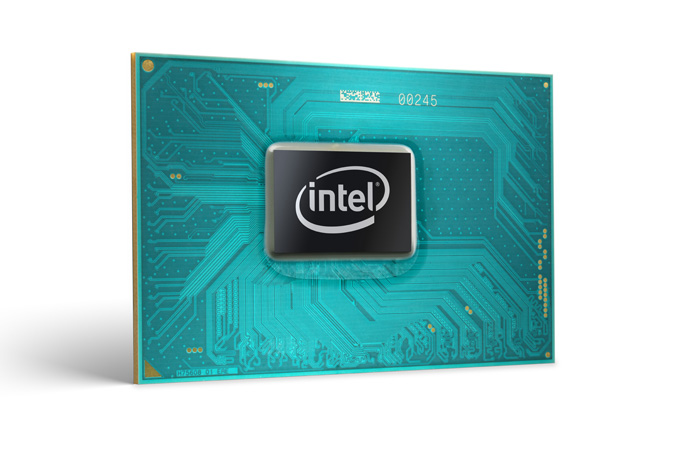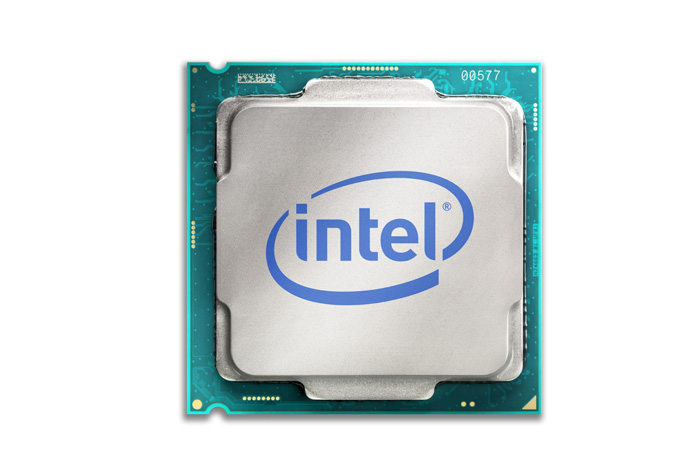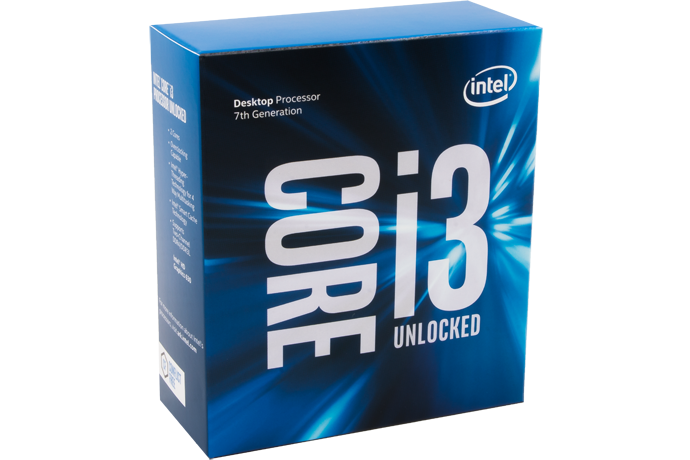After months of waiting, Intel has finally decided to come clean with all of its desktop-based Kaby Lake processors, more specifically the “H-Series” of processors that are meant for “performance laptops and mobile workstations, and the “S-series”, “K-series” and “T-series” processors that are meant for the traditional desktop.
We begin with the H-series processors, chips that Intel says will perform “20 percent faster than a comparable fourth-gen chip”. The chips in the H-series are quad-core CPUs with a TDP of 45W. The sole exception to this is the low-end Core i3-7100H, a dual core, four-thread chip with a 35W TDP. The flagship of the H-series is the i7-7820HK, a 2.9GHz processor that is overclockable. Apart from clockspeed, the chip has an integrated Intel HD 630 GPU and is able to support 2400MHz DDR4 RAM and 2133MHz LPDDR3 RAM.
For the desktop builders, Kaby Lake will come in the form of the “S-series”, “K-series” and “T-series” processors. The base version of the Kaby Lake chip for desktop is the S-series processors. The S-series processors consists of a 65W quad-core i7 processors, three quad-core i5 processors and three 51W dual-core i3 processors. Alongside the S-series processors, Intel has the T-series processors. These processors have the same amount of cache and general features like the S-series, but they have a lower clockspeed and consumes less power than the S-series. The T-series consists of one i7 processor, three i5 processors, and two i3 processors.
Rounding up the list, we have the overclockable K-series processors. At first glance, the new Kaby Lake K-series appears to be replacing the Skylake’s 6700K and 6600K with the new i7-7700K and i5-7600K. However, new to the K-series as a whole is an overclockable i3 processor in the form of the dual core i3-7350K processor. All of the desktop processors mentioned will be able to run on the LGA 1151 motherboards, assuming that the motherboard in question has received a BIOS upgrade that would allow it to support Kaby Lake.
Finally, if you’re looking to get the new 270 motherboards for your Kaby Lake processors, you may be interested to know that 270 motherboards are deemed by Intel to be “Intel Optane memory ready.” In short, this means that the motherboards are capable of supporting Intel’s new 3D XPoint storage drives that will boost the speed of a standard SSD.
Source: Ars Technica




